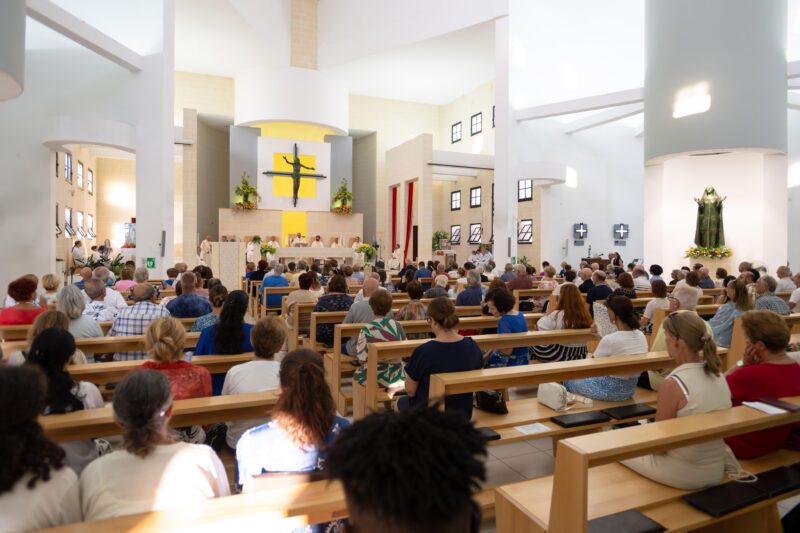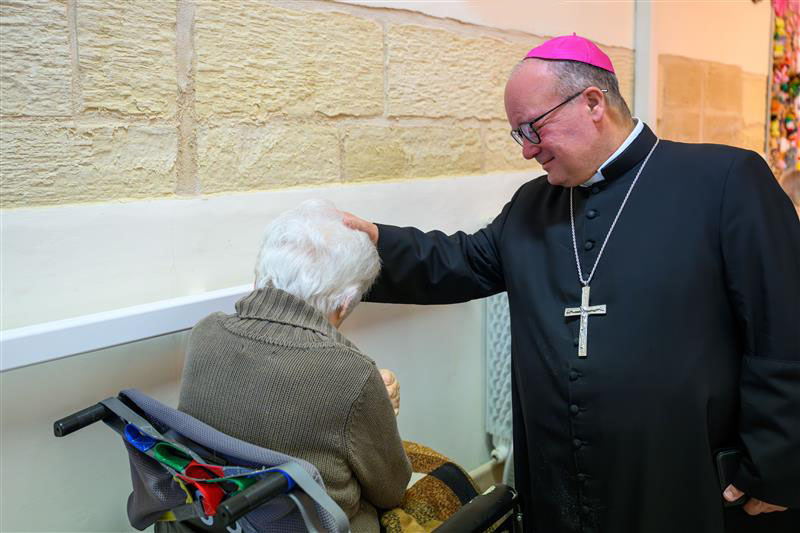F’dan l-Avvent, b’mod speċjali fil-ġranet tan-Novena tal-Milied, nesploraw l-ispiritwalità li iġib magħha it-tradizzjoni sabiħa tal-Presepju. Permezz ta’ għarfien skritturali, nkunu mistiedna nirriflettu fuq is-simboliżmu qawwi tal-Presepju. Se nagħmlu dan ukoll bl-għajnuna ta’ Admirabile Signum, Ittra Appostolika ta’ Papa Franġisku fejn proprju jirrifletti fuq il-Presepju. Għalhekk waqt li narmaw il-Presepju, ejja ninżlu iktar fil-fond fil-fidi personali, il-ferħ u t-tama li jġib miegħu t-twelid tal-Messija.
Għall-istudenti tal-PFI li qed jagħmlu jew għamlu kors fis-sena skolastika 2025/2026 u operaturi pastorali.
Target Audience Age: 18+
Dan il-kors jinkludi sessjonijiet irreġistrati minn qabel, li jistgħu jiġu aċċessati fuq il-pjattaforma Moodle f’ħin tajjeb għalik. Dawn se jkopru t-temi li ġejjin:
• L-Istennija
• Il-Presepju
• Elementi mix-xeni tan-Nativita
• Marija
• Ġużeppi
• Ġesù
• Il-Maġi
Dan il-kors għandu ċertifikat wieħed:
1. Ċertifikat ta’ Attendenza
Sabiex jinkiseb Ċertifikat ta’ Attendenza, l-istudenti huma meħtieġa jaraw is-sessjonijiet kollha.
2. Ċertifikat ta’ Partiċipazzjoni
Sabiex jinkiseb Ċertifikat ta’ Partiċipazzjoni, l-istudenti huma meħtieġa jaraw is-sessjonijiet kollha u jgħaddu minn eżami multiple-choice qasir. Dan isir fuq il-pjattaforma tal-Moodle tal-istitut.
Lingwa: L-istudenti jeħtieġ li jkunu jafu l-Malti.
Teknoloġija diġitali: L-applikanti huma meħtieġa li jkunu jafu kif jaċċessaw l-internet.









